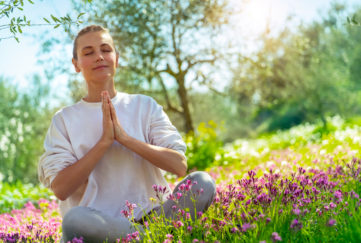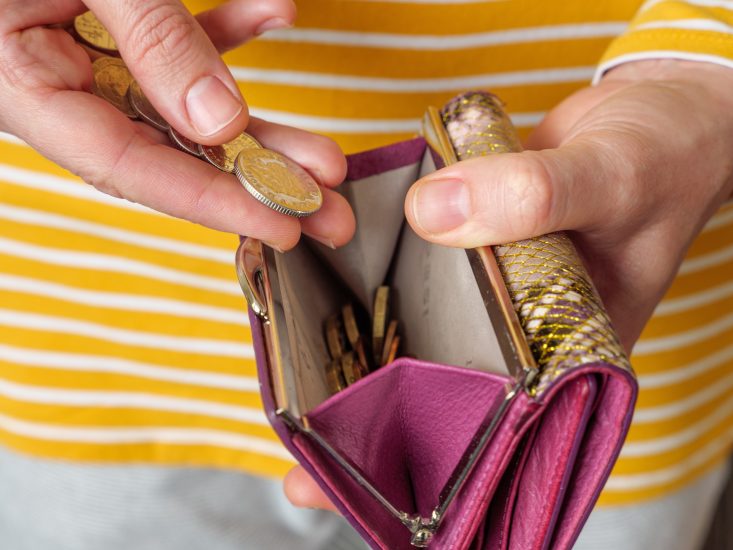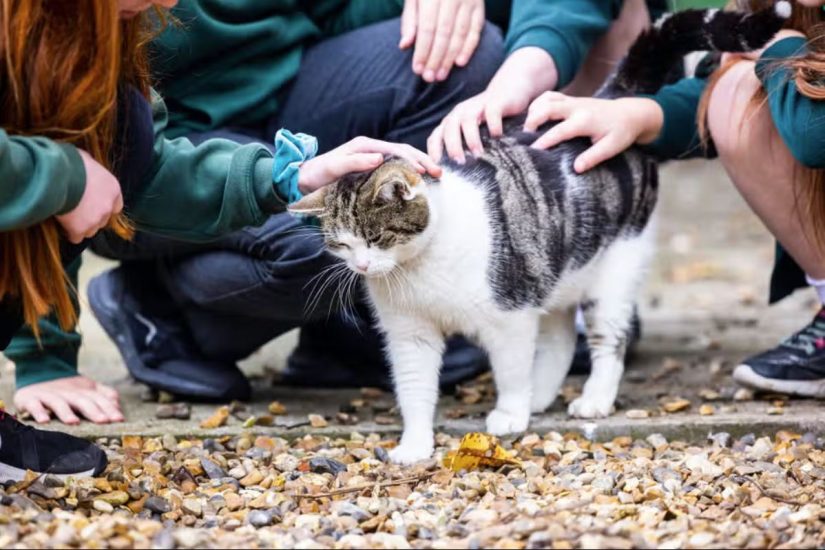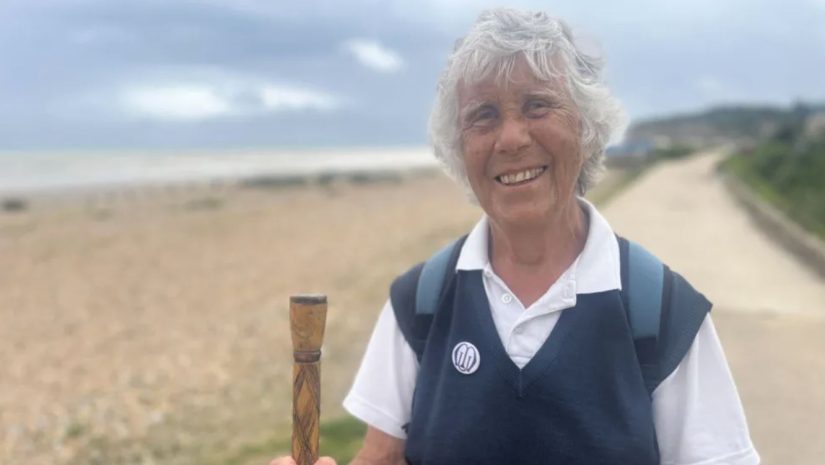Sun Safety! How To Stay Safe In The Sun
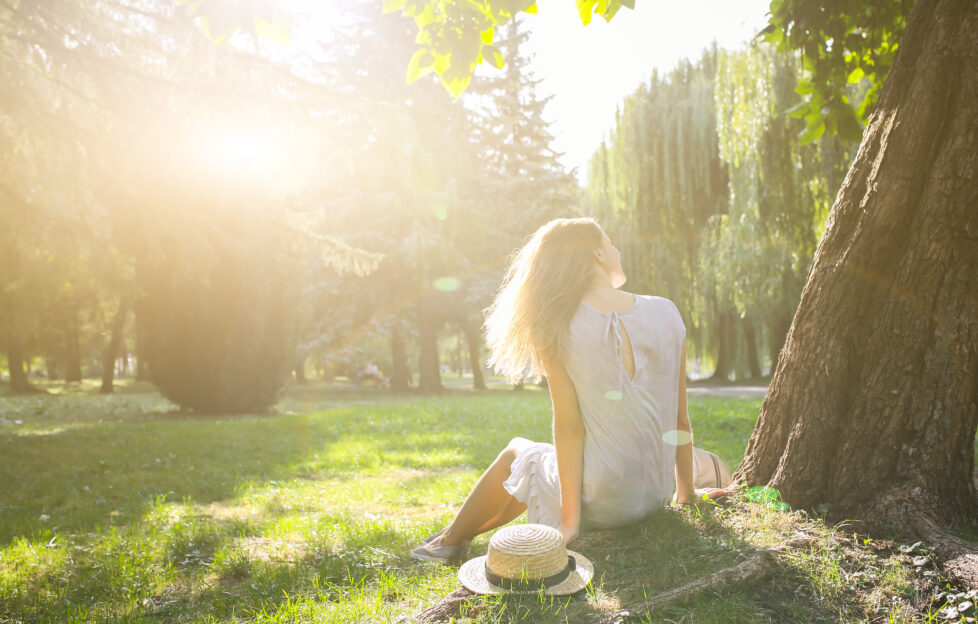
It’s Sun Awareness Week and we thought we’d revisit this interview with a Health Information Manager at Cancer Research UK about sun safety. Here’s how to stay safe in the sun!
Get The Best From Summer Sunshine
If you are blessed with a garden, nothing could be nicer on a summer’s day than a bit of pottering around the borders or relaxing with a cool drink on the patio. Like many things, though, sunshine is best taken in moderate doses.
We need time in the sunshine so our bodies can make vitamin D. Summertime is when our bodies store it up for the winter. Short periods with your arms and face uncovered should be long enough to do the job. But too much sun exposure can damage our skin, cause it to age faster and increase the risk of skin cancer.
To find out how we can get the best from the summer sunshine, we asked a Health Information Manager at Cancer Research UK, to share some safety tips.
She explained that the sun naturally gives out ultraviolet (UV) radiation. In Britain, these rays are usually strongest between 11 a.m. and 3 p.m. You can check the UV index on most weather forecasts. When the index is 3 or higher, the sun can be strong enough to cause damage and sunburn. This is the time to protect your skin with extra care, especially if you are someone who burns easily.
Spend Time In The Shade
If you are outdoors during these hours, sun safety means spending some time in the shade.
Cover up with a loose, long-sleeved top and wear a hat.
Your eyes can also be affected by UV radiation, so wearing sunglasses protects them.
Sunscreen is an additional part of your protection. Be generous when you put it on and remember that it needs to be reapplied regularly.
When you are choosing sunscreen, check the sun protection factor (SPF) is 15 or more. Sunscreen is also labelled with stars, and you want four or five of them.
These steps are important because too much UV radiation, whether it is from sunshine outdoors or a sunbed, can damage the DNA in your skin cells. (DNA makes up the genes in every cell of your body).
Have It Checked Out
Over time, this damage can cause your skin cells to grow out of control, possibly leading to skin cancer.
If you notice something that isn’t normal for you, please do have it checked out. Most of these skin changes are not cancer. But if it is, finding it early can make a real difference.
Stopping cancer early is as important as ever, and even during the busiest times, the NHS wants to help you with this.
To learn more, visit the Cancer Research UK website for a wealth of information on the sun, your skin and your health.
Fancy testing yourself on how aware you are of the risks and sun safety? For instance is the following question true or false? “I can’t get sunburnt through windows.” Find out the answer, along with lots of other myths and facts in our myth-buster!
If you found this article helpful, you won’t want to miss health writer, Jackie Mitchell’s interview with an expert on skin cancer awareness in our May 14 issue of “The People’s Friend“.
Following health advice and being sun aware doesn’t mean you have to miss out on fun. And, with everyone having to watch the pennies, here’s some great suggestions for summer activities that cost next to nothing.




